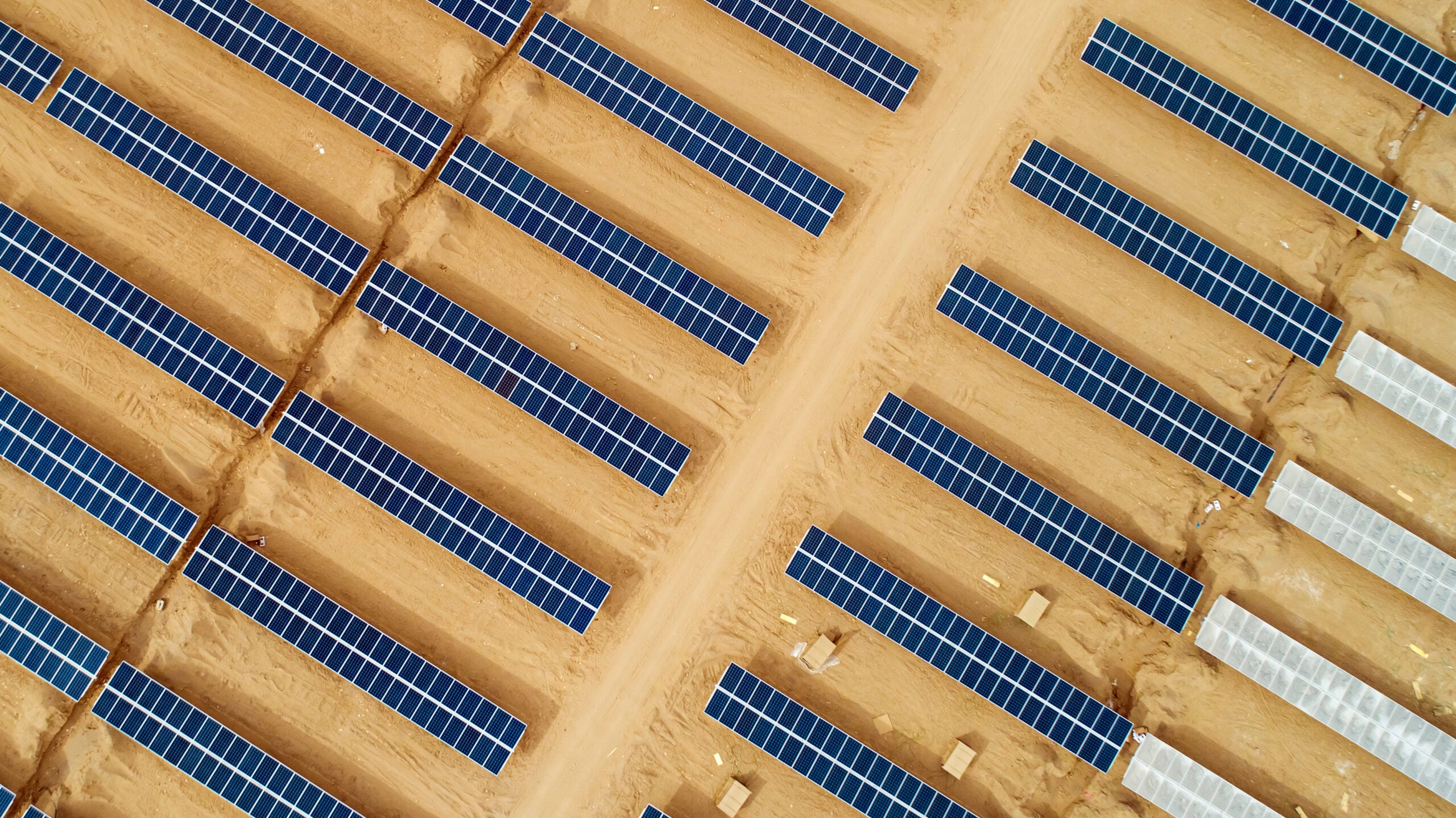
Abu Dhabi’s renewable energy company Masdar has inaugurated the 100MW Nur Navoi Solar project in Uzbekistan.
The solar photovoltaic (PV) plant is the first utility-scale project in the country and has the capacity to power 31,000 households and offset nearly 150,000t of carbon emissions annually, once it becomes fully operational.
How well do you really know your competitors?
Access the most comprehensive Company Profiles on the market, powered by GlobalData. Save hours of research. Gain competitive edge.

Thank you!
Your download email will arrive shortly
Not ready to buy yet? Download a free sample
We are confident about the unique quality of our Company Profiles. However, we want you to make the most beneficial decision for your business, so we offer a free sample that you can download by submitting the below form
By GlobalDataThe inaugural ceremony was attended by Republic of Uzbekistan President Shavkat Mirziyoyev along with other high-level officials from the Government of Uzbekistan and senior executives from Masdar.
In November 2019, Masdar signed an agreement to build a 100MW solar project in Navoi region of Uzbekistan.
Under the agreement, Masdar agreed to design, finance, build and also operate the PV power station for a 25-year period.
At the same time, the Uzbekistani government signed a power purchase agreement (PPA) and government support agreement (GSA) with Masdar.
Masdar CEO Mohamed Jameel Al Ramahi said: “The Nur Navoi Solar Project will play a significant role in Uzbekistan’s energy transition and in achieving its climate change objectives.”
The project will help the nation to achieve its target of installing 5GW of solar and 3GW of wind power capacity by the end of this decade.
Uzbekistan has set a target to achieve 25% of electricity needs through renewable sources by 2030.
Additionally, Uzbekistan Energy Ministry has unveiled plans to further increase its energy targets with 7GW for solar and 5GW for wind power.
Mirziyoyev said: “Thousands of new industrial enterprises, both medium and large will be launched, and electricity demand is set to reach 100 billion kilowatt-hours – 30 billion more than now.
“In the next five years, 19 projects worth $6.5bn will be launched to create 11,500MW of new capacity.”




